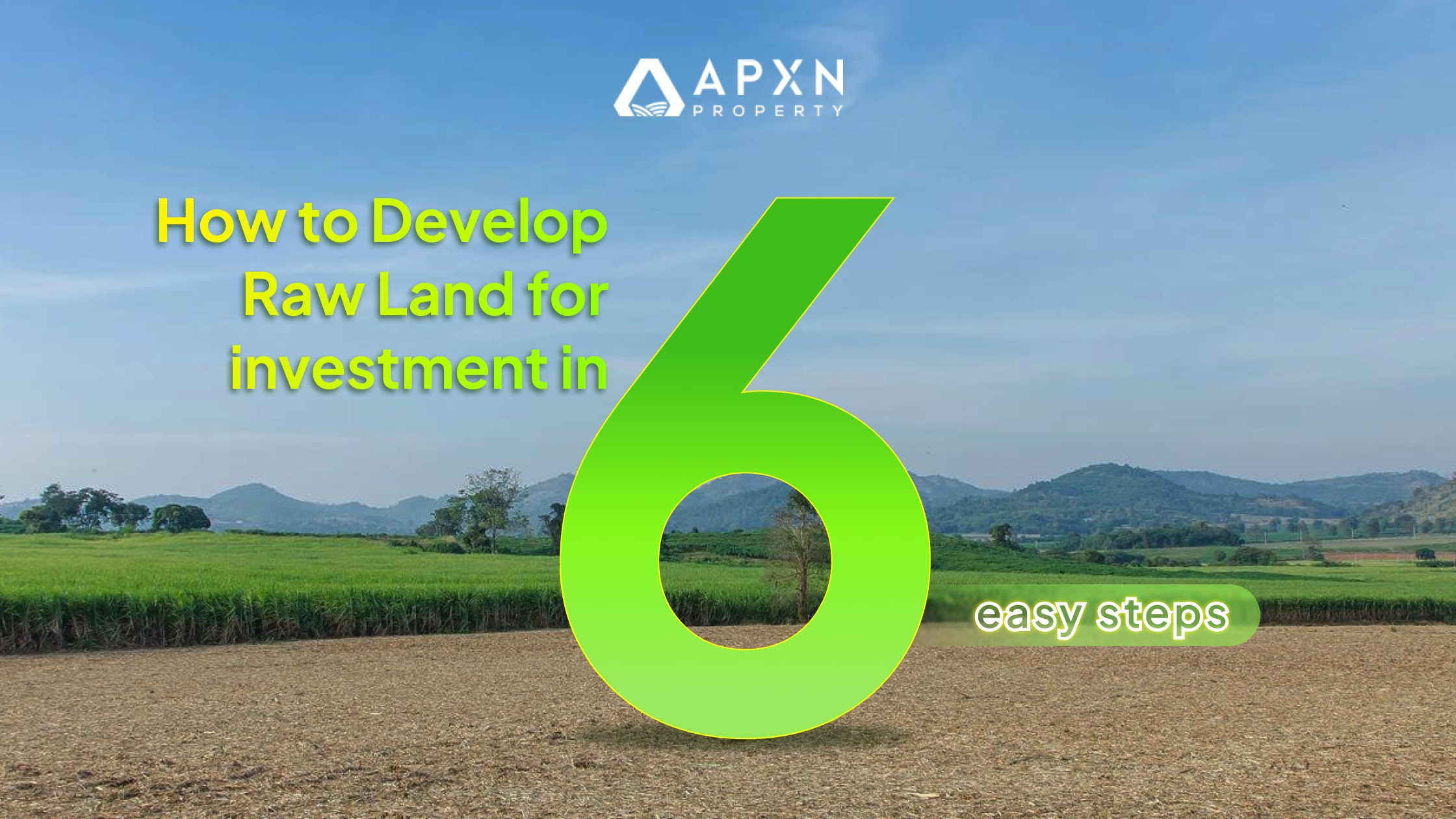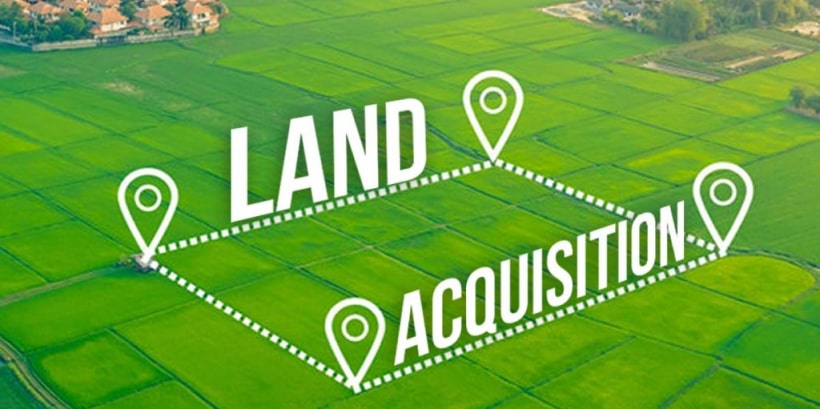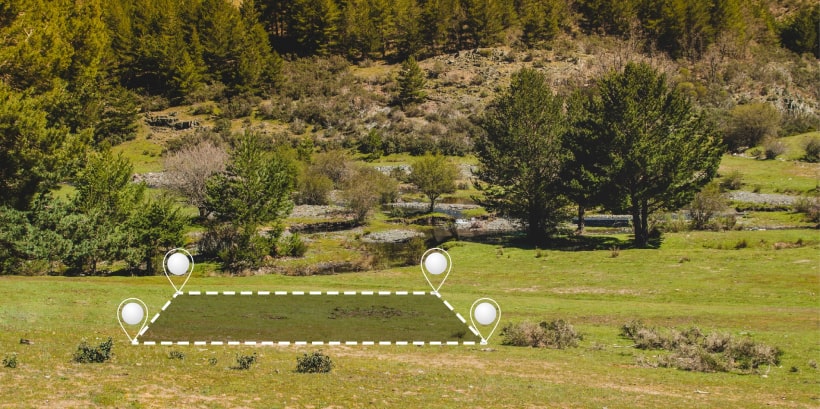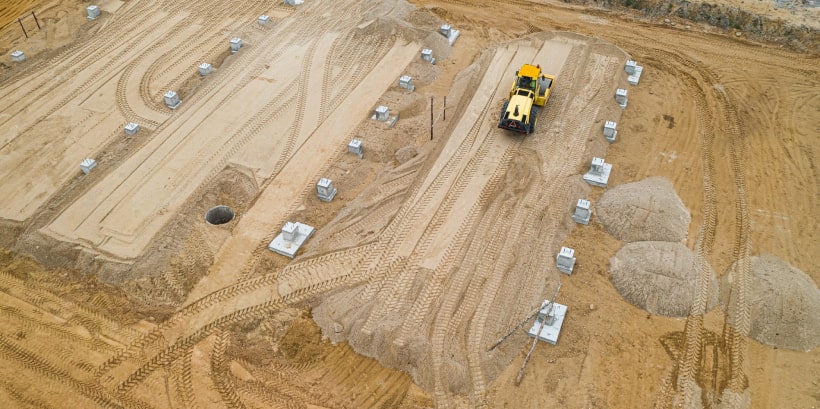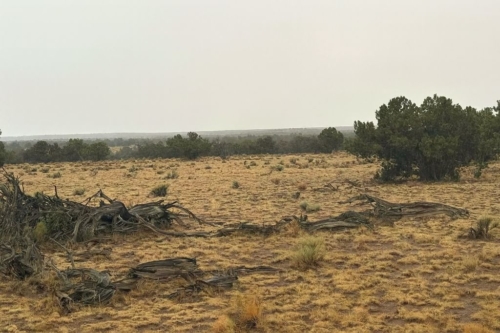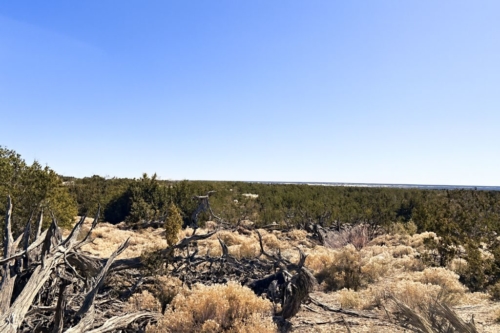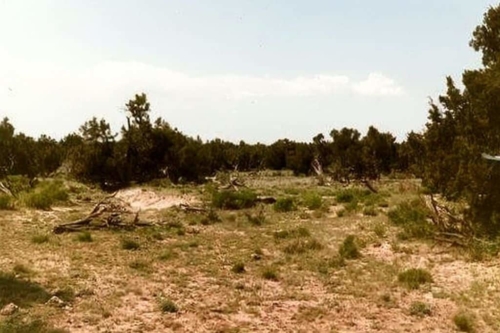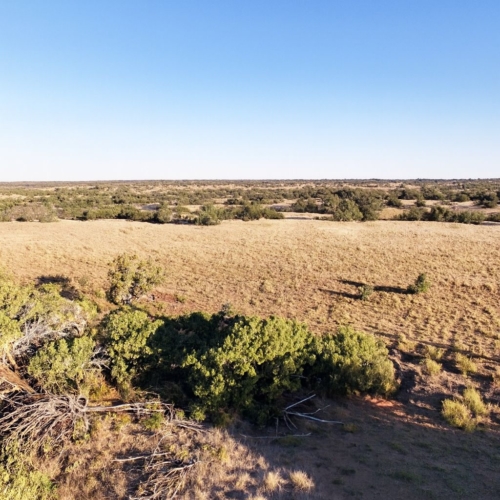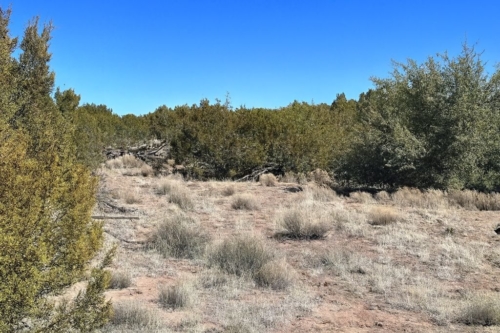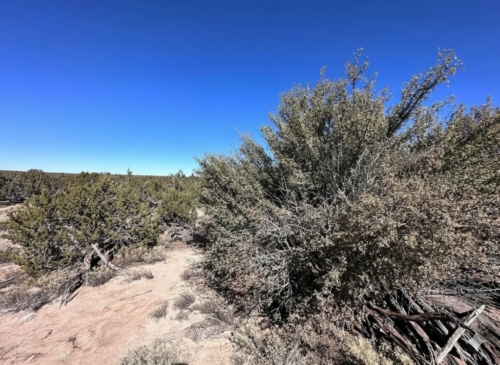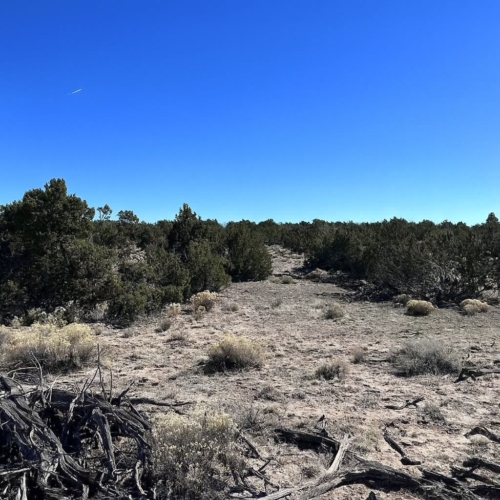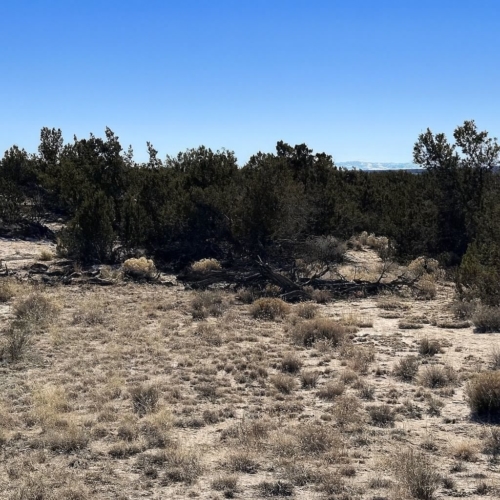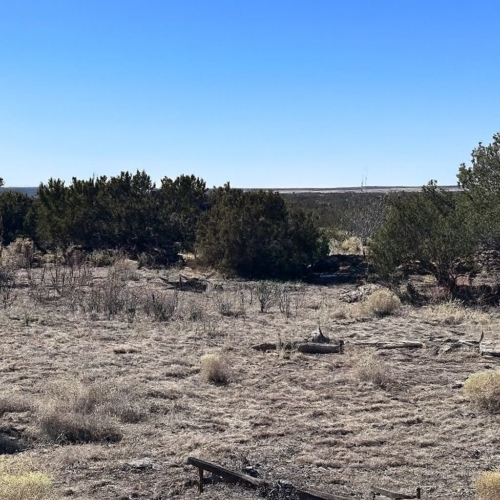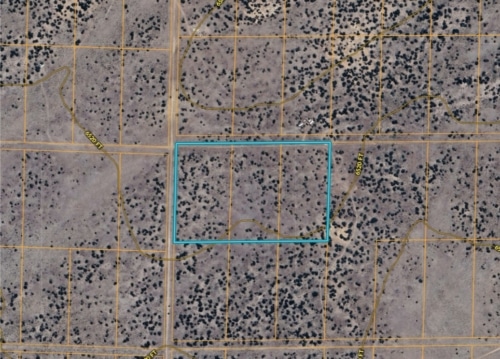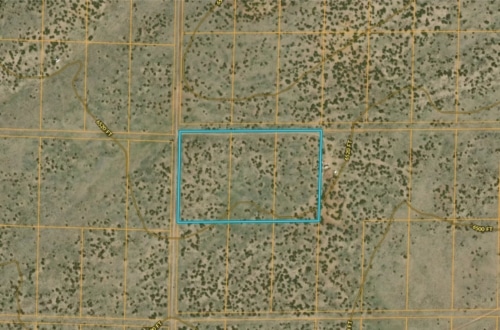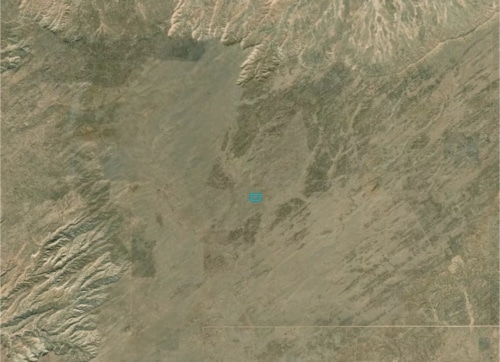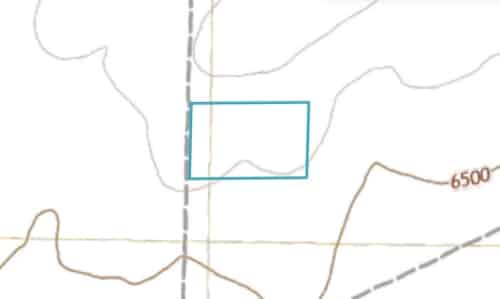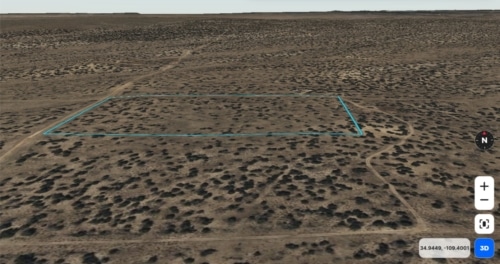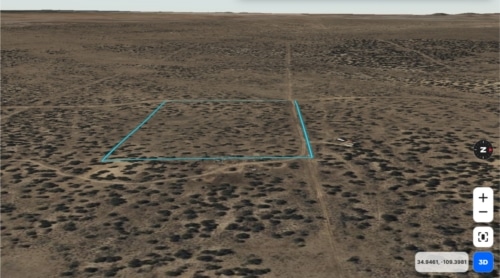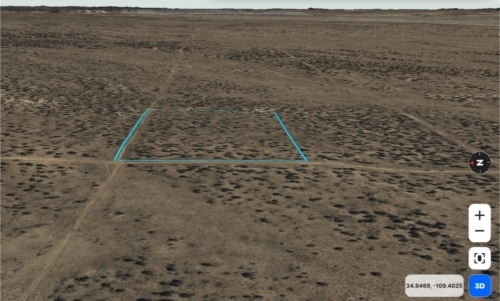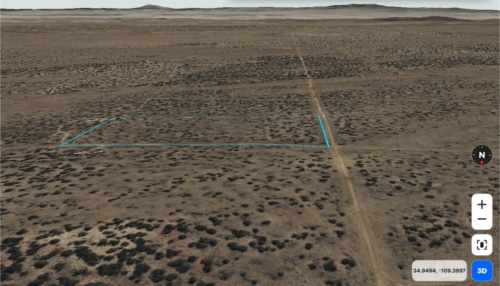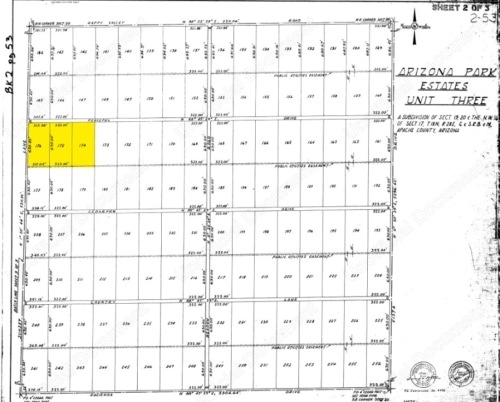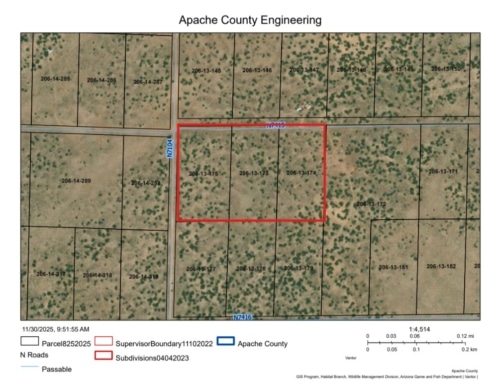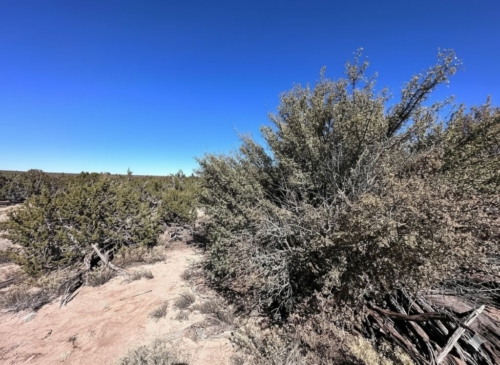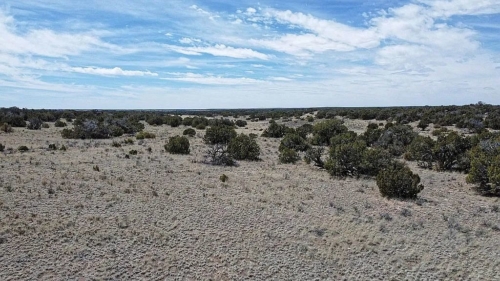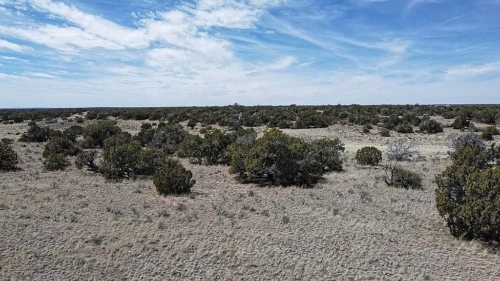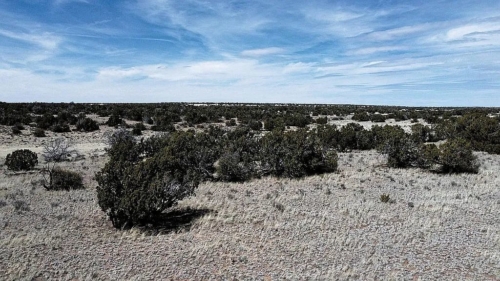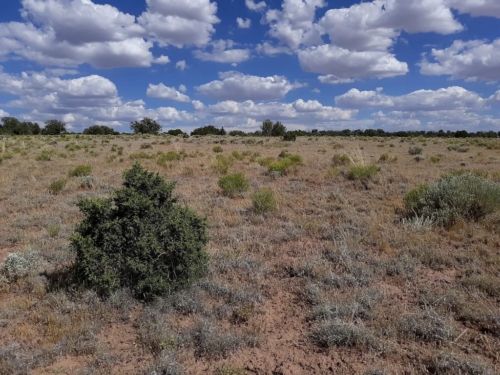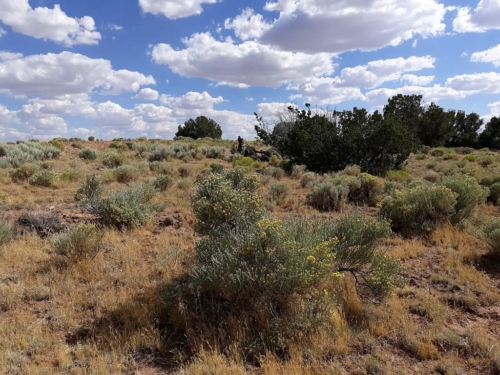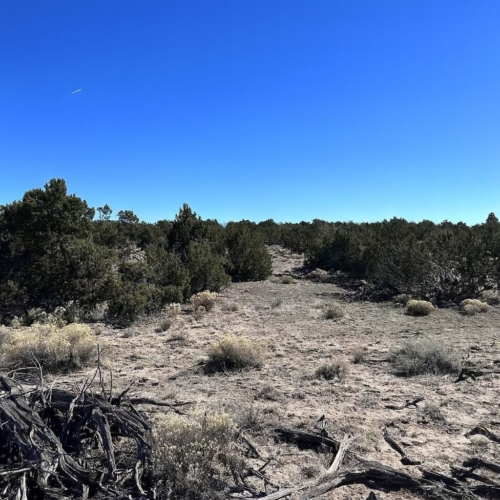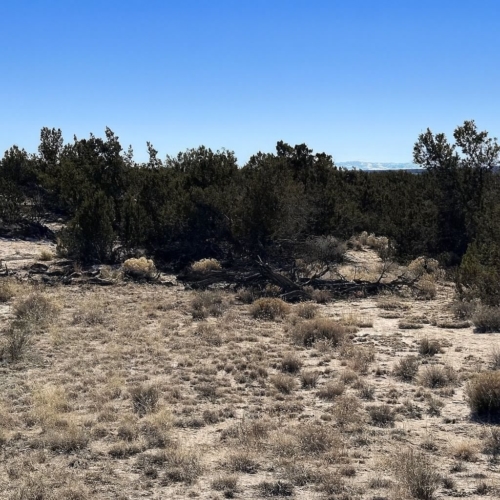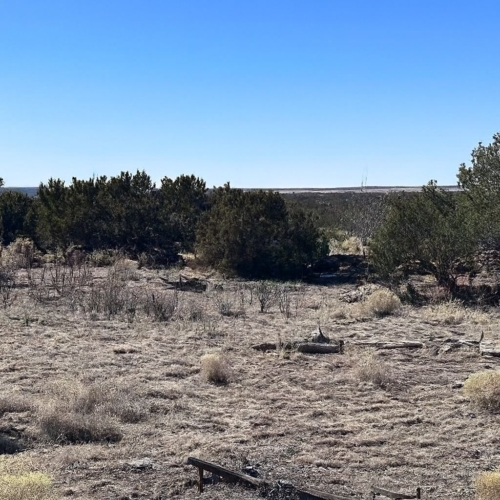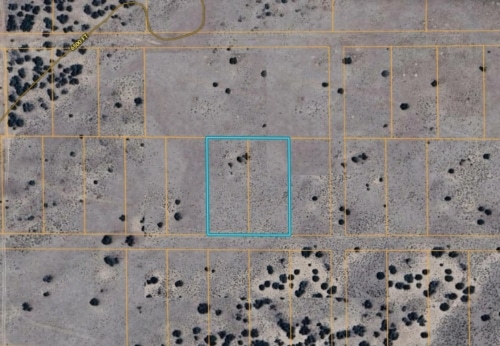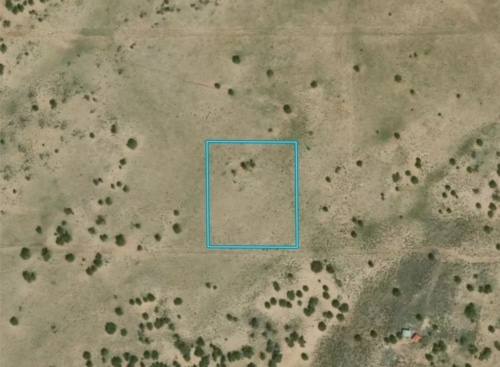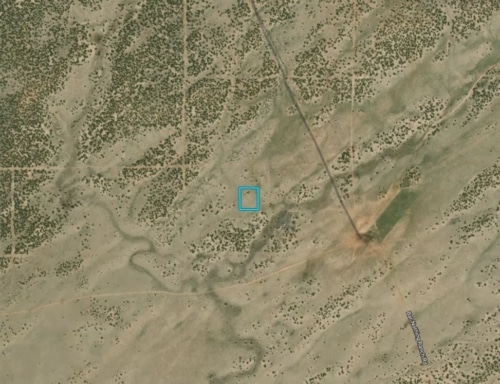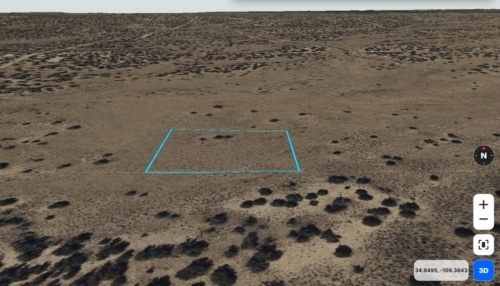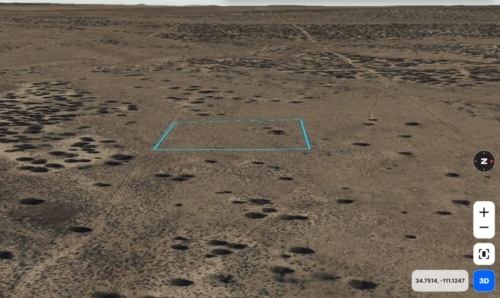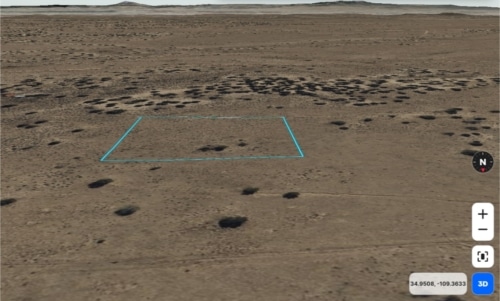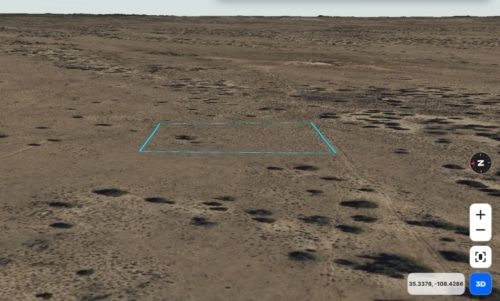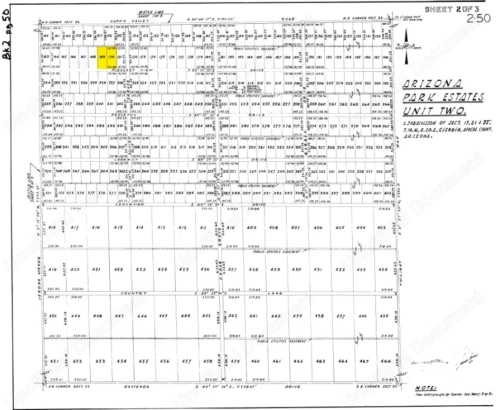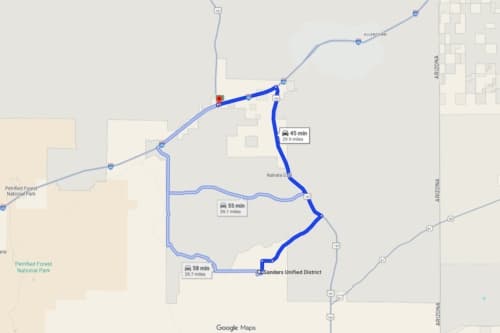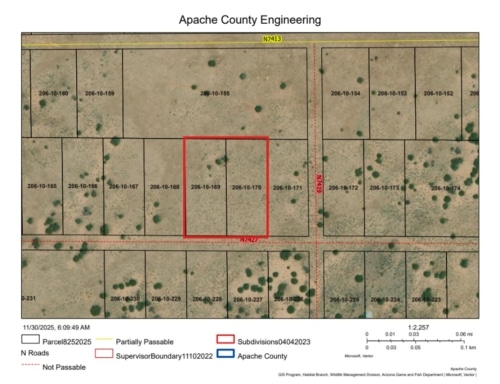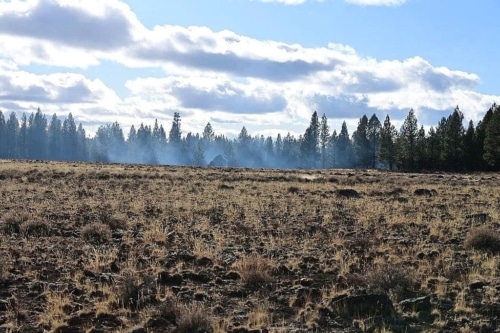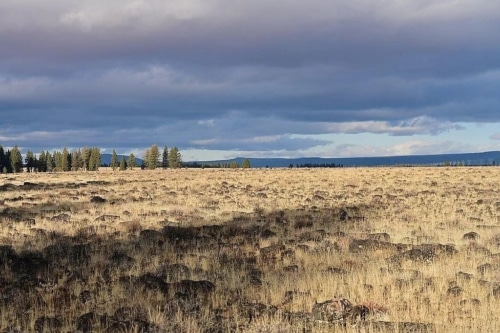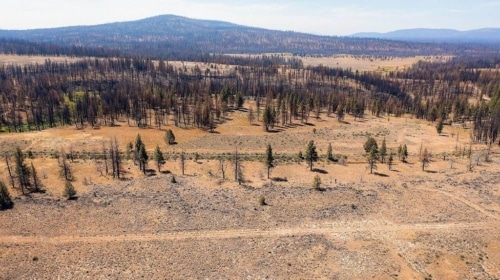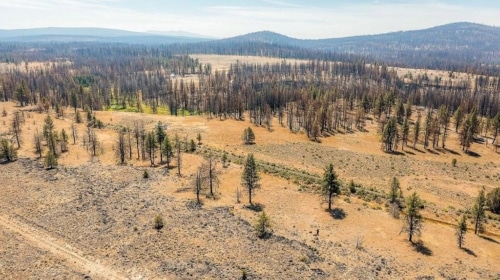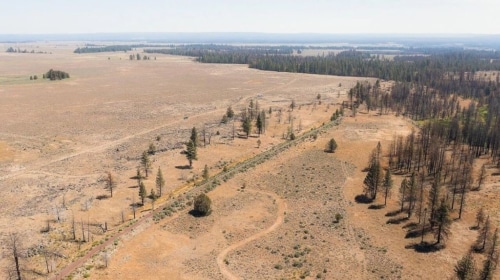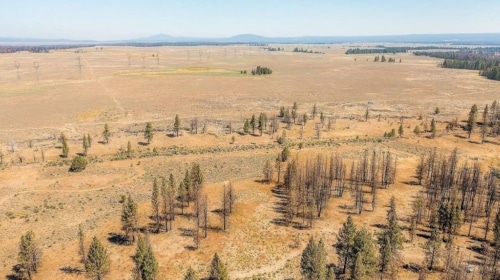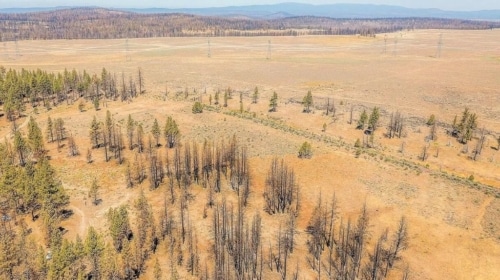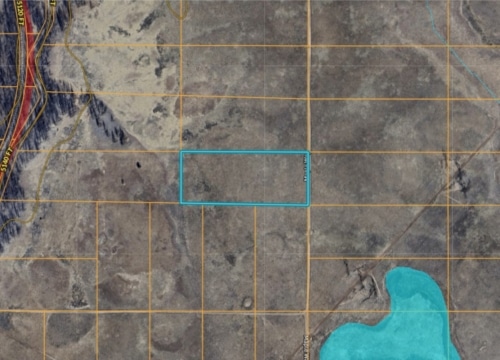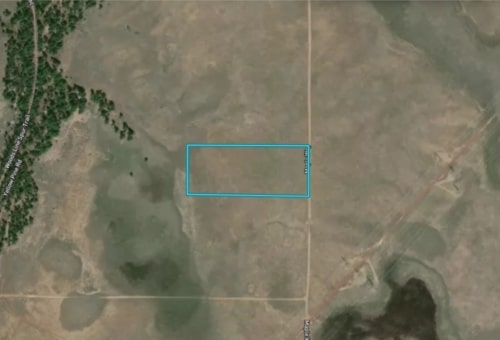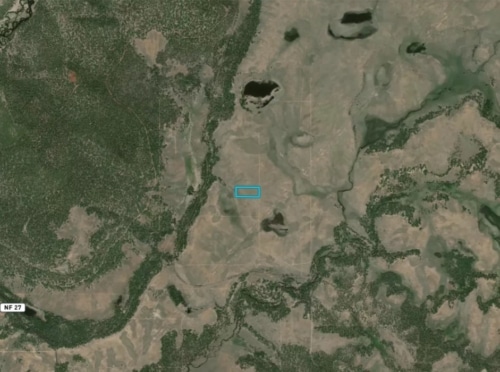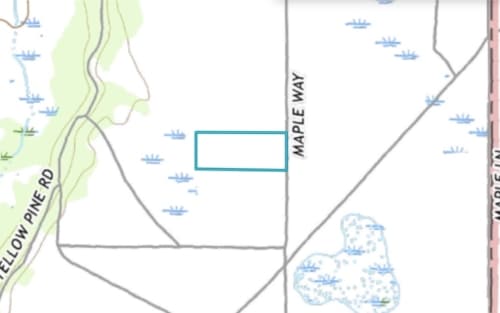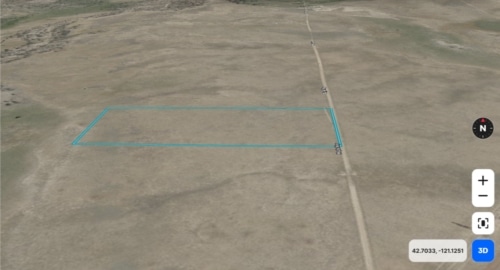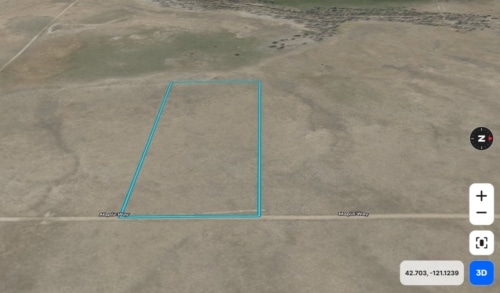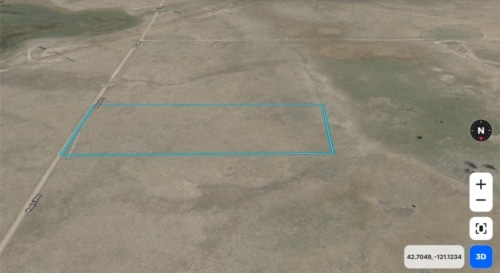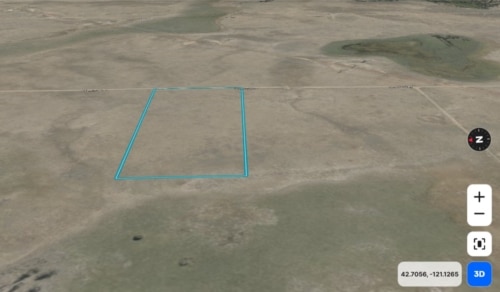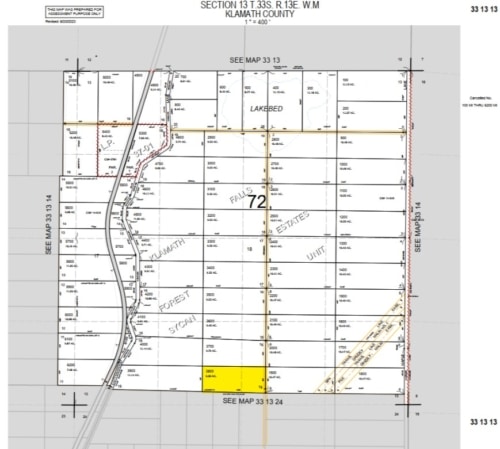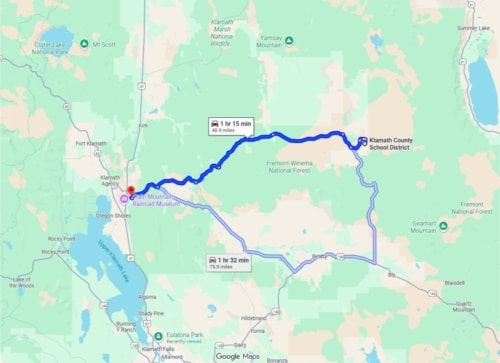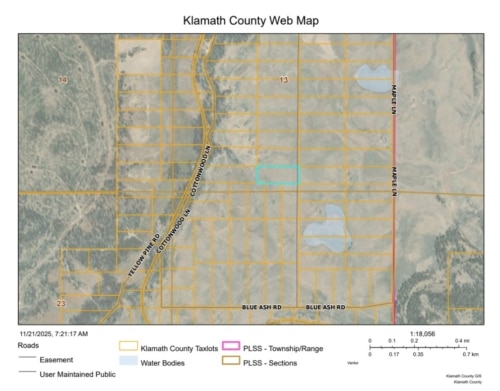Real estate investment is one of the most complex yet fruitful investment strategies. To reap the full benefits of this, you can consider investing in raw land. On this note, the successful raw land investment and development process requires you to follow strategic steps.
For a step-by-step guide on how to develop raw land and reap the benefits of real estate investments efficiently, keep reading.
Table of Contents
What is Raw Land Development?
To know the steps of how to develop raw land, you must first have a clear idea of what is raw land development.
Raw land development is a process of transforming underdeveloped land into an asset for real estate purposes. The procedure to develop raw land usually includes securing permits, site excavation, land grading, zoning, designing infrastructure, and environmental assistance.
By investing in raw land developments, land owners tend to prepare the land for residential, commercial, or industrial use to enhance its value and usability.
Step-by-Step Guide for Raw Land Development
The steps below will take you through how an investor can prepare raw land for development to generate high ROI.
1. Evaluate Economic Feasibility
The first step in considering how to develop raw land is evaluating its economic feasibility. This means, that while conducting your research according to land buying guide, you must compute how much ROI you expect with this raw land investment. With this, you shall have the required knowledge to decide how much financial, labor, and time investment you must make to purchase and develop raw land.
2.Acquisition
This is the next step of raw land development to reap benefits from land investment efficiently. For this, you must have a clear understanding of the involved costs that you shall incur and will earn as ROI. Possession of this knowledge is beneficial to identify the right offer price for property acquisition. At this stage, as an investor, you would also require contractors to submit the potential bids for the raw land development project. Besides the estimated price, this step of how to develop raw land lets you know the highest offer price of the land.
3. Zoning
This is the next stage of the raw land development process step-by-step guide. This step primarily deals with what will be purpose and design of the property. Furthermore, at this stage, you must also consider deciding construction for sections of the property. This zoning process is mandatory to help you proceed with how you are presenting the property to buyers.
Moreover, to determine the land type and purpose, you can assign zoning codes to different sections of your lot. Besides these, before proceeding with the zoning process, consider having a comprehensive idea of the area's zoning regulations.
4.Financial Planning
Like every real estate investment, the purpose and your investment goals shall determine how much financing you require. This also assists investors in determining land financing terms and modes to go ahead with the raw land development process like loans against property or owner financing.
In this essence, you can connect with seasoned real estate agents and services to approximate the loan-to-cost ratio. You can also contact your lender to know an estimated percentage and loan amount that you can avail against the property in question.
5.Construction Process
This stage of developing raw land focuses on diverse construction works and processes. These include horizontal development processes like grading the plot for utilities, curbs and roads along with building infrastructure from the ground up.
In this aspect, while purchasing land for sale, investors must make a note of contractor financing processes to ensure no major hiccups in the construction. Usually, investors pay contractors in increments as the projects progress toward completion. You must also keep in mind that in certain cases, construction lenders might hold 10% of the construction loan as collateral until work completion.
6.Marketing
This is the last and crucial step for you to consider for how to develop raw land. To develop a fool-proof marketing strategy, consider conducting comprehensive research. For this, you must focus on investment in land factors like locality, market price of land, accessibility, and demand for rentals.
With the right marketing plan, investors can attract more buyers and investors. To reap the benefits of land investment you can work closely with realtors. You can advertise your land on online listings, social media platforms, or newspapers to cater to target audiences easily.
Bottom Line
The above steps provide a comprehensive guide on how to develop raw land and reap the best possible benefits of land investment. Investing in raw land offers several benefits like they are less competitive forms of investments. Furthermore, they offer usage flexibility, low maintenance cost, diversification, and tax benefit opportunities.
To earn significant returns from your raw land investments, consider connecting with our real estate experts.

